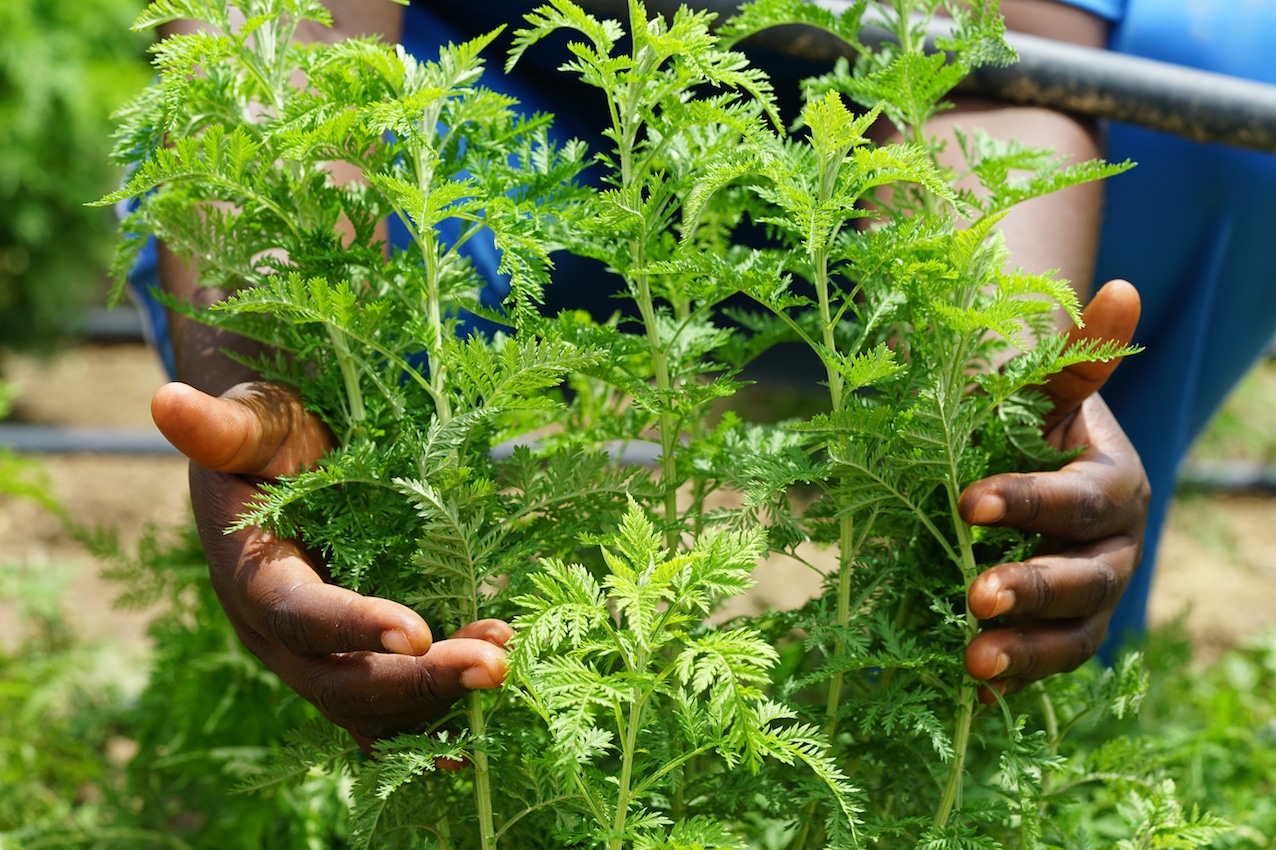23 Fév. 2026
Historic publication in JAMA

Recent News

“Merci de nous avoir contacté, nous revenons au plus vite vers vous.”
L’équipe artemisia